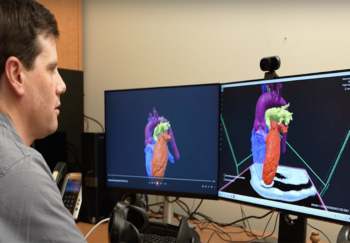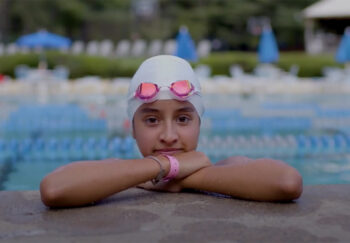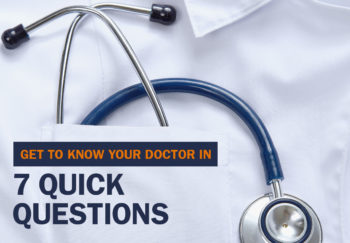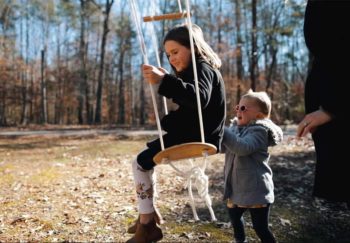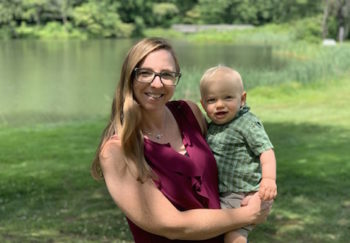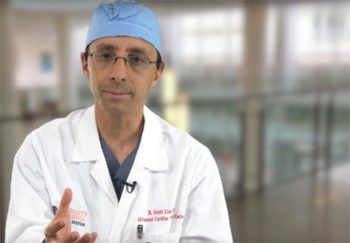CHD Care at UVA Children’s
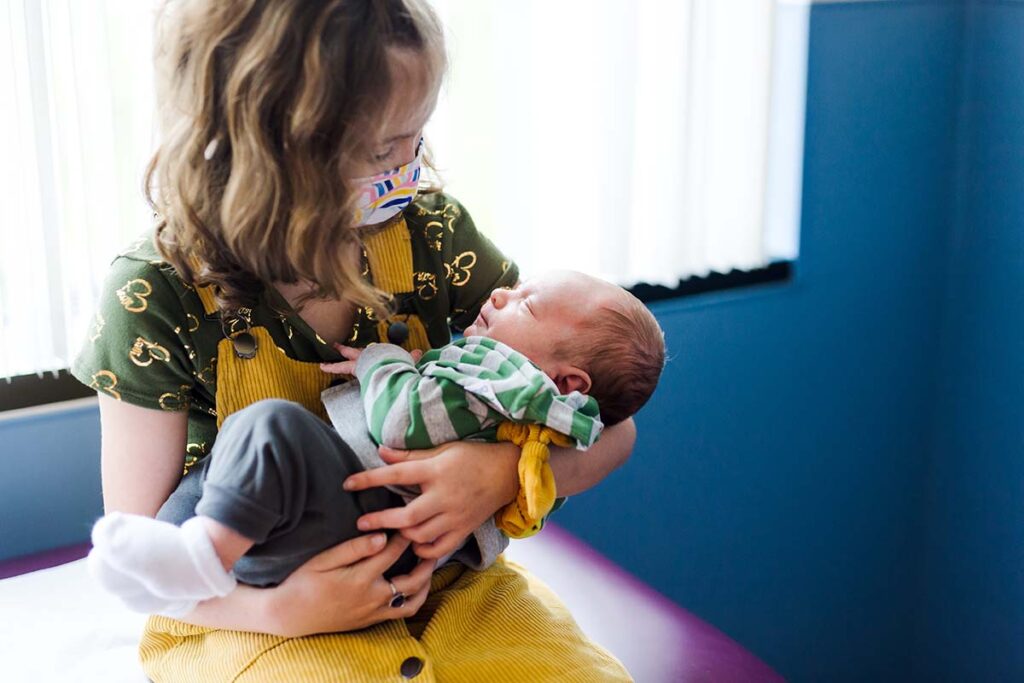
Congenital Heart Disease Awareness Week happens every February, during Heart Month. Share this story to raise awareness in your community.
You may know someone with a congenital heart defect, also known as congenital heart disease or CHD. You might have one yourself. Or, you could be pregnant, waiting to find out if your baby will be born with a hole in her heart. Maybe you just did.
Did you know that CHD is the world’s most common birth defect?
“Though we sometimes think of heart disease as a problem of the elderly, millions of patients wrestle with cardiovascular conditions starting at a young age,” says Michael Ayers, pediatric cardiologist.
While often a heart defect is detected before birth or right after, sometimes issues don’t show up until adolescence. Ayers says, “Diagnosis as a teenager or adult can be an overwhelming burden.”
Finding the right CHD care, wherever you are in life, can make a difference.
CHD Care at UVA Children’s
When it comes to your baby’s care, it’s important to know your options. It’s important to know that one of those options is right here in Virginia, and it’s one you can trust.
Here’s 3 reasons why UVA Children’s is nationally ranked.
#1 Outcomes & Survival Rates
Watching your tiny newborn get prepped for surgery can terrify any parent. Trusting your child to a team with superior survival rates can offer some comfort.
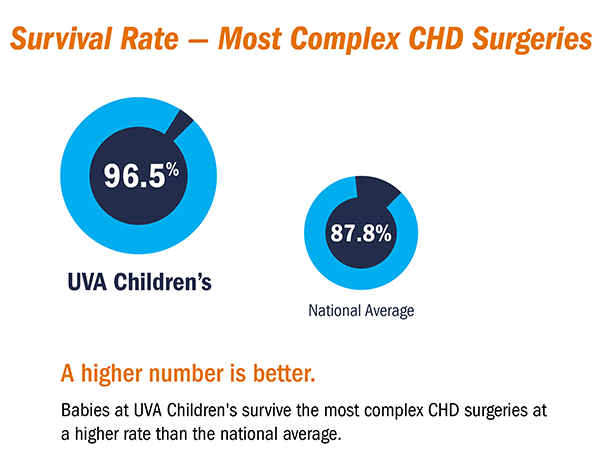
James Gangemi, MD, who directs pediatric congenital heart surgery at UVA Children’s, explains that, “We’re doing as complex surgeries as anywhere in the U.S., and our surgical outcomes — including our STAT 5 (most complex) outcomes — match or exceed anywhere else in the country.”
See more numbers about our CHD treatment success.
#2 Expert Heart Surgeons Across the State
The Virginia Congenital Cardiac Collaborative combines the efforts of pediatric cardiologists, cardiac surgeons, cardiac anesthesiologists, intensive care physicians, and cardiac support professionals from across three institutions.
“No child with a congenital heart defect should have to leave Virginia to get the very best heart care,” says James P. Nataro, MD, PhD. “With our collaborative, every family in Virginia can stay close to home for surgery as well as pre- and postoperative care.”
Read more about this initiative that aims to improve CHD care in Virginia.
#3 CHD Care Beyond Childhood
Even if a newborn has surgery right away, people with CHD need care for life. At UVA Health, we have a clinic that specializes in helping young adults with CHD lifetime care at our Adult Congenital Heart Disease Clinic.
“I love working with patients of all ages to help them understand their own unique cardiovascular issues,” Ayers says. “I feel incredibly lucky to be in cardiology, a field with so much to offer patients so that they can live longer and happier lives.”
Sharing the Stories
We love to share the stories of the children and parents who fill our lives.
As sonographers on the CHD care team say, “We love to be a part of the team and the patient’s overall success story. As patients and families come in for follow-up visits, we get to see these kids overcome CHD, to run around, and thrive like normal kids.”
